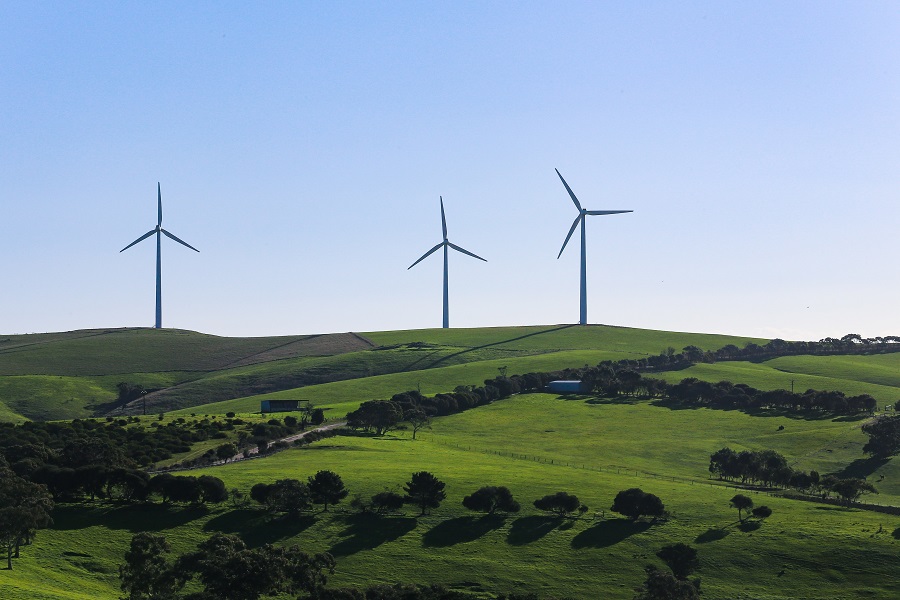Europe’s transition to renewables has been a key factor in reducing its dependence on imported fossil fuels. The continent has made significant progress in this area, with the share of renewable energy in the EU’s final energy consumption rising from 17.5% in 2019 to 18.9% in 2020.
Wind and solar energy have been the main drivers of this growth, with the installed capacity of wind and solar increasing by 15.6 GW and 18.2 GW respectively in 2020.
In addition, the EU has set ambitious targets to increase renewable energy use, including the goal of producing 32% of its energy from renewable sources by 2030. According to a report by the European Environment Agency, the EU is currently on track to exceed this target. However, achieving these targets will require continued investment in renewable energy infrastructure, as well as the development of new technologies and policies.
The challenge of coal while striving for renewables
Despite progress in renewable energy, the use of coal in Europe remains a challenge. Coal-fueled power generation in the EU increased by 7% in 2020, potentially undermining the continent’s climate goals.
While the increase was smaller than expected, it highlights the need for continued efforts to phase out coal and other fossil fuels.
Nuclear fuel: A potential risk to energy security
Another challenge facing Europe is its reliance on nuclear fuel, particularly from Russia. In 2020, EU countries imported 20% of their natural uranium from Russia, which presents a potential risk to the continent’s energy security.
While the EU has pledged to quit Russian gas by 2027 and imposed sanctions on purchases of Russian coal and most Russian oil, it has yet to address the issue of nuclear fuel.
Energy efficiency: A critical aspect in the transition to renewables
Improving energy efficiency is another critical aspect of Europe’s transition to renewable energy. By using energy more efficiently, the continent can reduce its energy consumption and cut greenhouse gas emissions.
The EU has set a target of reducing its energy consumption by 32.5% by 2030, compared to 2007 levels. Achieving this goal will require increased investment in energy-efficient technologies and policies.
Challenges are in the transport sector
The transport sector is another significant challenge in Europe’s transition to renewable energy. While progress has been made in electric vehicles, the use of fossil fuels in transportation remains high. According to the European Environment Agency, road transport accounted for 72% of EU transport emissions in 2019. Increasing the use of electric vehicles, as well as alternative fuels such as hydrogen, will be essential to reducing emissions in this sector.
Europe has made significant progress in its transition to renewable energy, but challenges remain. The use of coal and nuclear fuel, as well as the need to improve energy efficiency and reduce emissions in the transport sector, will require continued investment and policy support. However, the EU’s commitment to renewable energy and climate action provides a strong foundation for addressing these challenges and building a more sustainable future.

